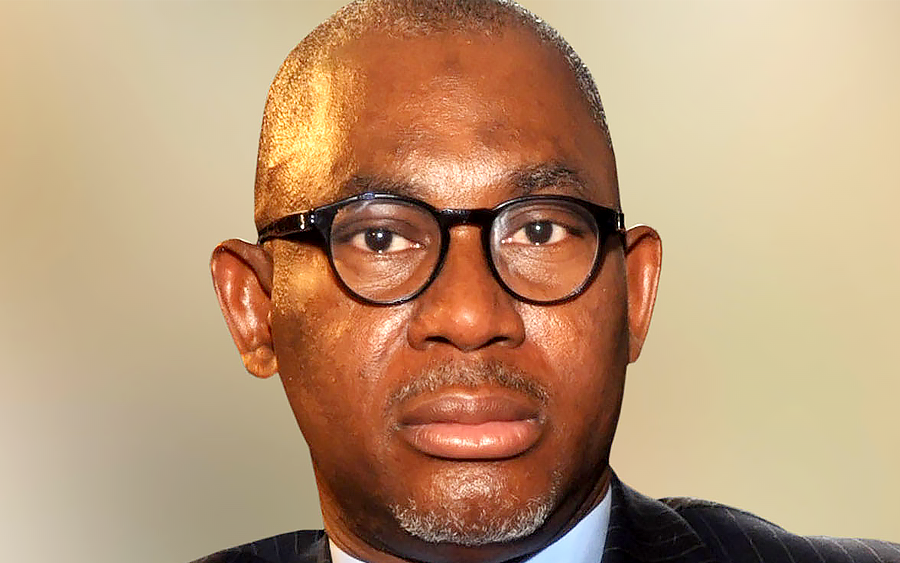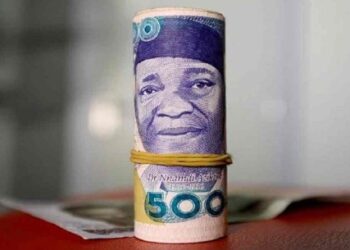Nigeria’s Minister for Mines and Steel, Olamilekan Adegbite, said today that Nigeria is aware of the exponential growth opportunities inherent in the mining sector, and is making plans to take advantage of them.
As a matter of fact, the government is targeting that the mining industry will start contributing as little as 3% of the country’s gross domestic product (GDP) over the next five years. At the moment, the sector accounts for a mere 0.3%.

Reuters also quoted Adegbite as saying that some of the minerals that have been identified by the government in its strategic solid mineral investment effort include gold, lead, zinc, limestone, coal, amongst others.
It is interesting how the Nigerian government has recently been talking about investment in solid minerals. Perhaps it is a mere coincidence that this is happening at the same time the country is suffering a revenue shortage, even as oil export has continued to generate lesser income.
The West African oil producer has always possessed other mineral resources, with deposits of gold, nickel, zinc, and iron ore scattered across the country. However, for reasons best known to the country’s leaders, the focus was placed mainly on oil exploration, thereby leaving the solid minerals untapped.
[READ MORE: Nigeria to lift ban on Zamfara solid mineral mining by Q1 ending)

Artisans have often taken advantage of this situation, carrying out illegal mining operations and pocketing the proceeds. A previous article by Nairametrics noted that about 80% of the solid mineral mining in Nigeria are carried out illegally. On a monthly basis, about 500 kg of gold is reportedly smuggled out of the country into neighbouring countries like Niger and Togo from where the raw materials find their way to the Middle East.
Perhaps, a day will come when Nigeria will fully take advantage of the mining opportunities available to it. After all, other successful African economies such as South Africa and Botswana depend almost entirely on mining.






















